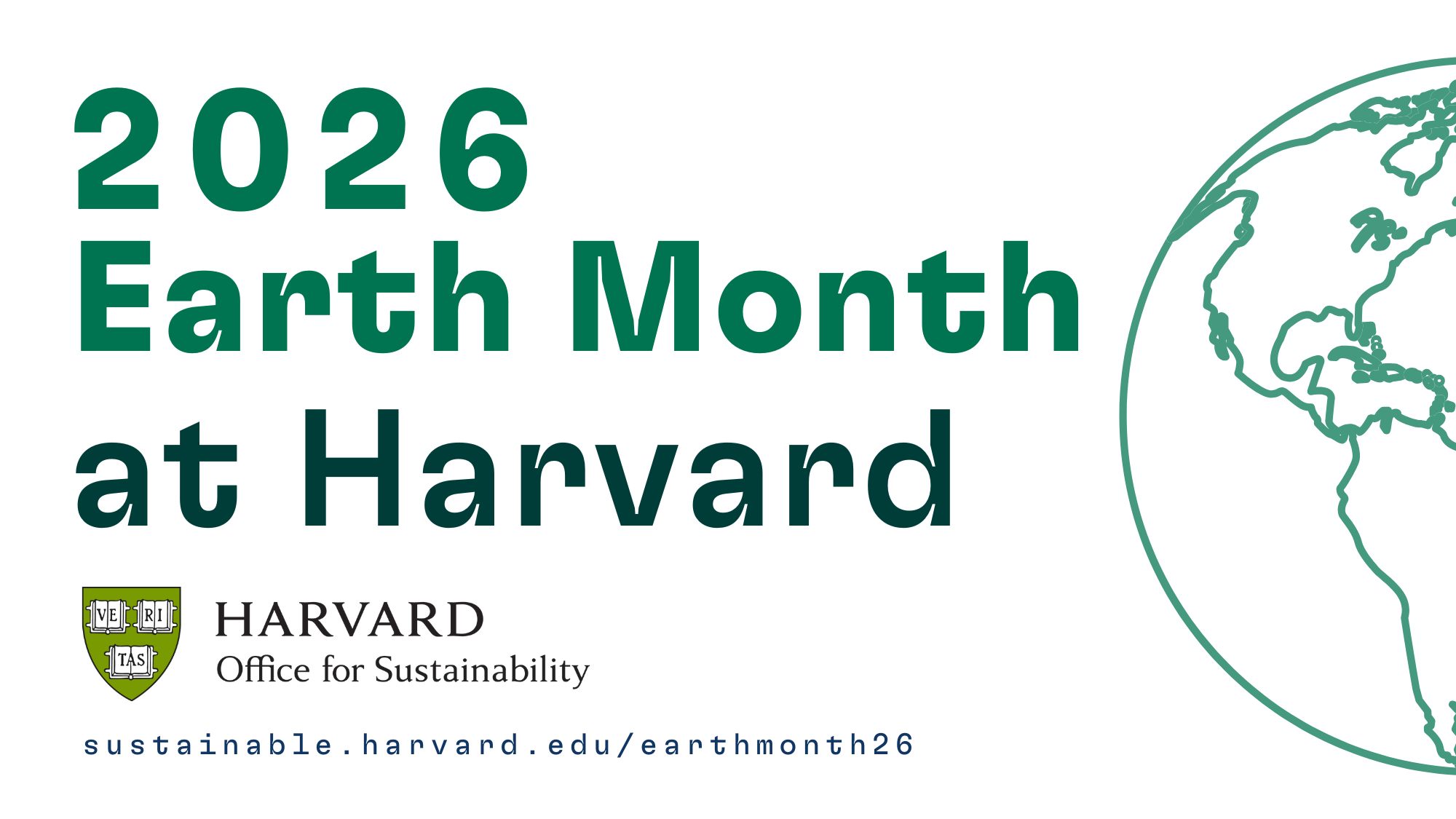Science Spotlights: The Case of the Immortal Chemicals & Learning about the Deep Past from Ancient DNA
Meet up-and-coming scientists and learn about questions at the forefront of research today in this series of short talks.
2:00–2:30 pm – The Case of the Immortal Chemicals
Speaker: Ethan Sontarp, Graduate Student with the Sunderland Group
There’s a mystery that needs to be solved: where does invisible pollution go when it is released into the environment? Scientists use chemical fingerprinting to do detective work, uncovering why certain man-made pollutants are so resistant to breaking down and where they like to go. By following this trail of clues, researchers can learn how to stop pollution from entering our food and drinking water. Join Harvard scientist Ethan Sontarp to discover how environmental detective work can help protect the world around us.
3:00-3:30 pm – Learning about the Deep Past from Ancient DNA
Speaker: Daniel Tabin, PhD Student in the David Reich Lab
Writing has only been around for about 6,000 years. This means that the stories of people who lived before that time were never recorded for future generations. Thankfully, these stories are not lost forever. How can we learn about the adventures, relationships, and challenges of people who lived long before anyone ever put words on a page? Join Harvard scientist Daniel Tabin to discover how ancient DNA can help us piece together the lives of people who lived thousands of years ago—and hear about the remarkable stories he has helped bring back to light.
20-minute talk followed by 10-minute Q&A session. Recommended for ages 10 and up.
Regular museum admission rates apply.
Presented by the Harvard Museum of Natural History and Harvard Museums of Science & Culture


